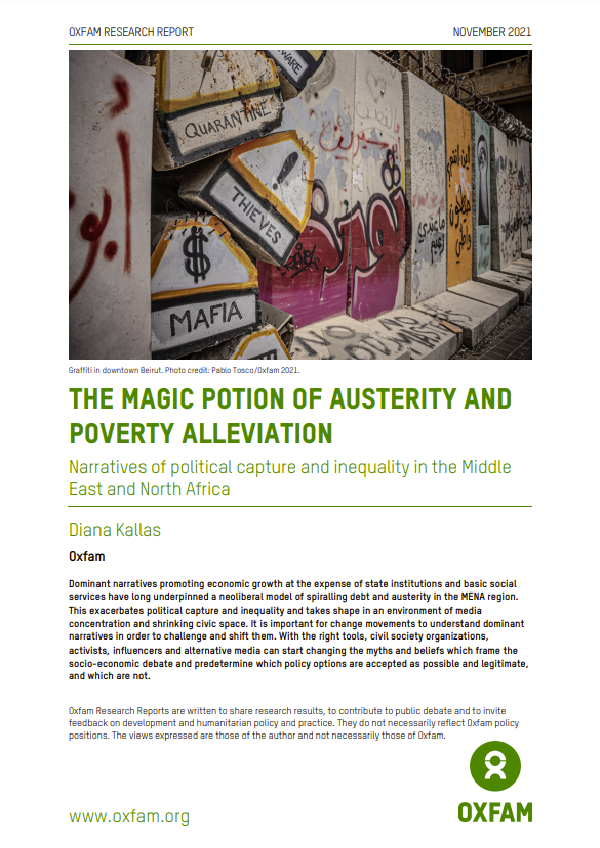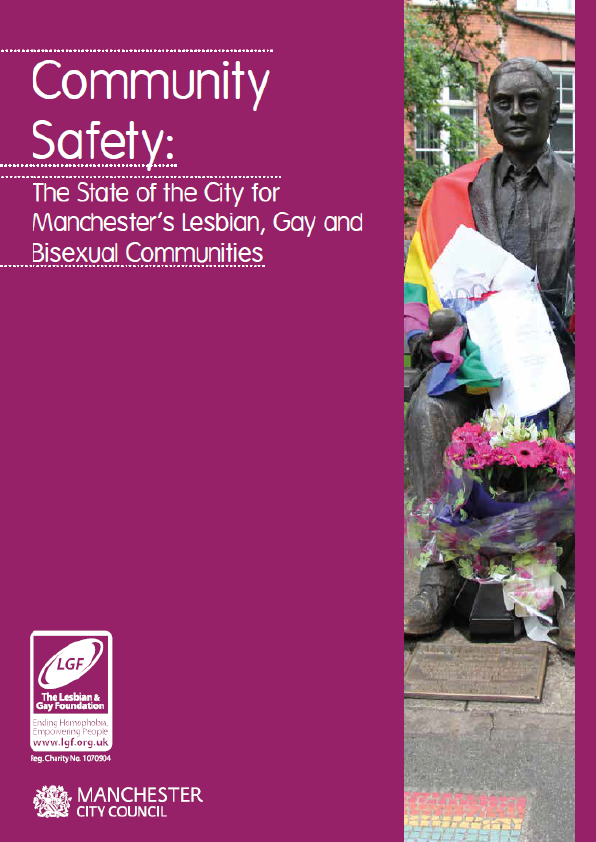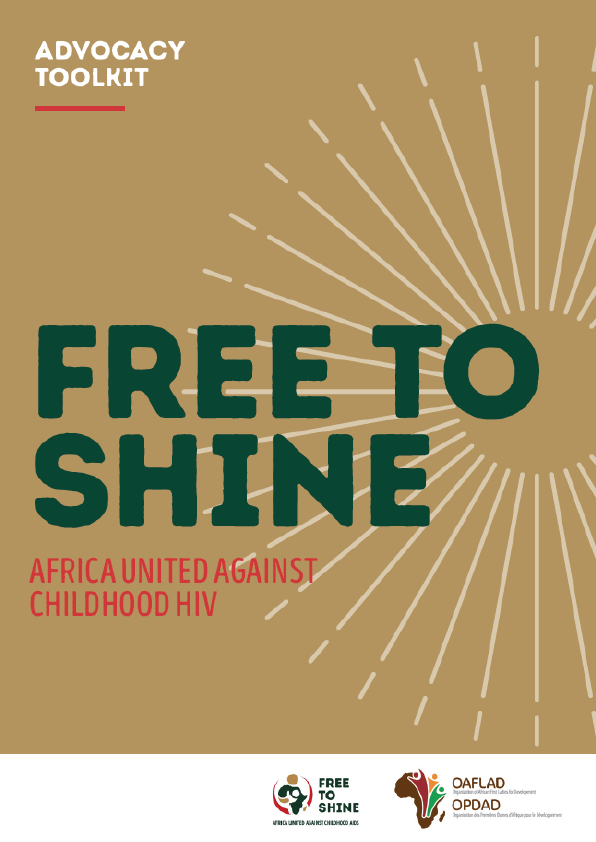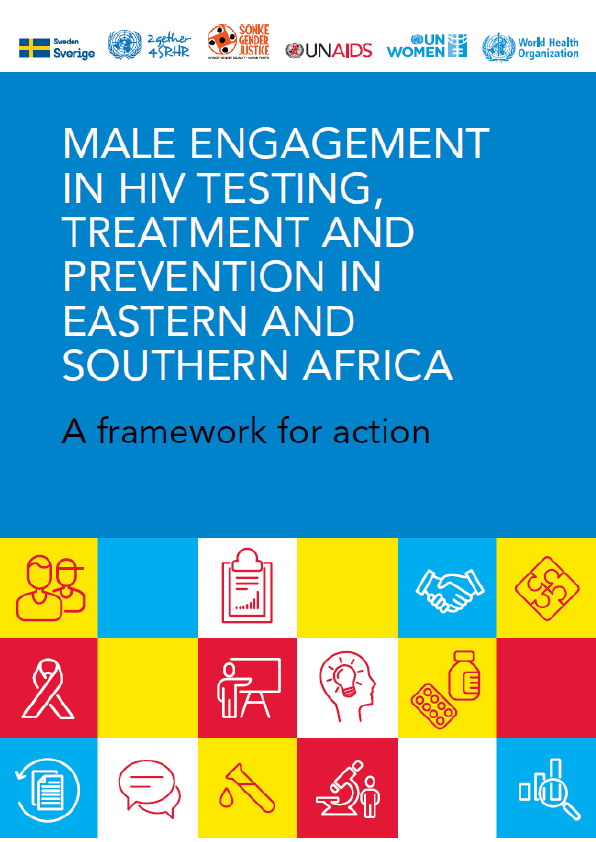For decades, countries in the Middle East and North Africa (MENA) region have incurred high debt and spiralling austerity. The price for ensuring state solvency towards foreign creditors has been severe austerity measures and regressive taxation, leaving the most vulnerable people to shoulder the financial burden and millions without access to basic services or social protection. The MENA region is the only region in the world where extreme poverty has increased during the past decade. This harsh reality has been met with poverty alleviation programmes, rather than universal social protection which is considered too costly.
The dominant narratives behind this neoliberal model of austerity and private sector growth come at the expense of a shrinking public sector. They are particularly advanced by IMF programmes in countries such as Egypt, Jordan and Tunisia. This model appears to reinforce existing power relations within countries, leading to further accumulation of power and resources in the hands of the few. The MENA region is one of the most unequal in the world, with 37 billionaires owning as much wealth as the poorest half of the adult population.
Dominant narratives promoting economic growth at the expense of state institutions and basic social services have long underpinned a neoliberal model of spiralling debt and austerity in the MENA region. This exacerbates political capture and inequality and takes shape in an environment of media concentration and shrinking civic space.
It is important for change movements to understand dominant narratives in order to challenge and shift them. With the right tools, civil society organizations, activists, influencers and alternative media can start changing the myths and beliefs which frame the socio-economic debate and predetermine which policy options are accepted as possible and legitimate, and which are not.
THE DOMINANT NARRATIVE: LET THE PRIVATE SECTOR HANDLE IT
The dominant economic narrative in the MENA region promotes austerity and private investment as a driver of economic growth. It is based on simple messages that are easily relayed by mainstream media. Civil society organizations (CSOs) from across the region perceive this narrative as one that reduces class consciousness and blames underprivileged factions of society for economic crises. It praises individual endeavours with a focus on meritocracy, dismissing the role of structural inequalities and cultural capital, and it breeds feelings of fear and loss of hope.
This narrative relies on a set of arguments and beliefs which determine the frames of policy debate. It maintains that there is no alternative to austerity due to high debt-to-GDP ratios. It paints the state as inherently corrupt and bad at doing business, while promoting private-sector-led growth and job creation as the solution, coupled with poverty alleviation measures. It argues that the public deficit is caused by an oversized and corrupt public sector (moving public attention away from the true fiscal burden caused by debt servicing); that the size of debt does not matter, but what matters is the size of the economy; and that taxes on income and wealth will chase away investors, so it is better to impose taxes on consumption.
The IMF plays a significant role in shaping these dominant narratives, whether through its contribution to global economic thought or through its more specific lending conditions and policy advice to countries There has been a recent shift in the IMF’s stance towards recognizing that neoliberal policies have contributed to a growing divide between rich and poor people. But this shift is yet to be operationalized in the work of the IMF at the country level, which remains to a large extent rooted in the classic neoliberal narrative.











